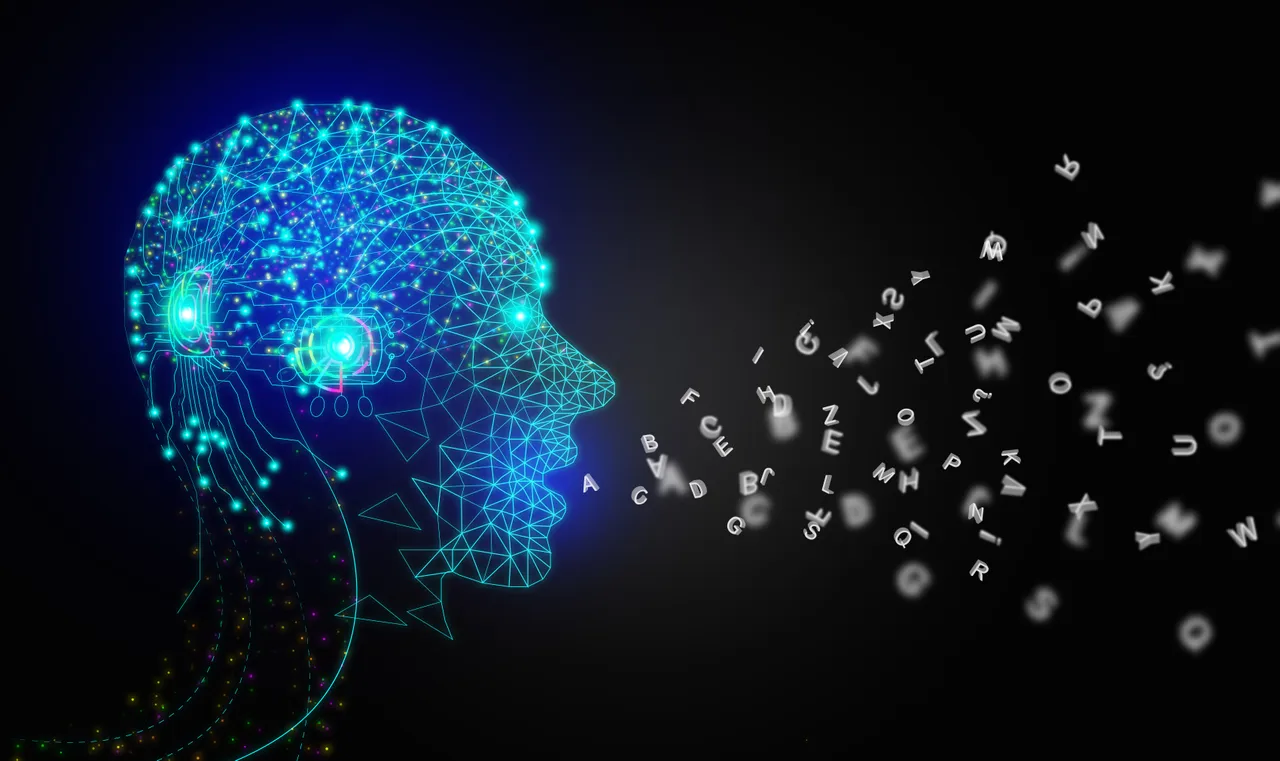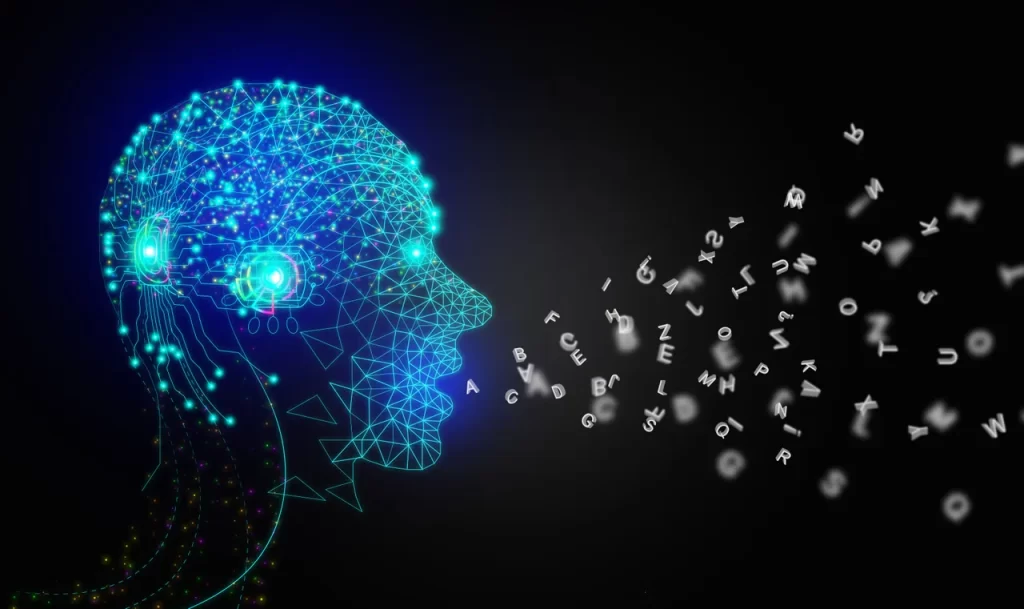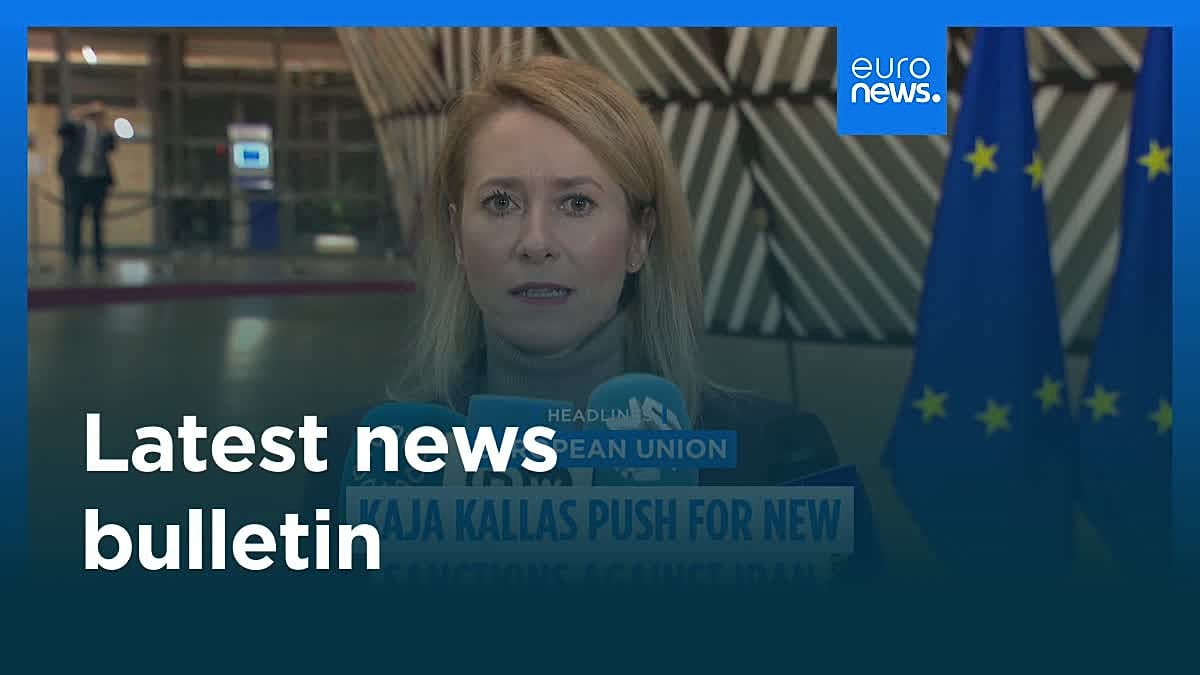Javier Ideami on the AI Revolution: Redefining Work, Creativity and the Future of Innovation


 Javier Ideami is one of the most dynamic voices in the world of artificial intelligence, renowned for his ability to bridge science, creativity, and innovation. A TEDx speaker, creative technologist, and multidisciplinary entrepreneur, he has led award-winning projects across Silicon Valley, Europe, and Asia, working at the forefront of AI, computational creativity, and startup innovation.
Javier Ideami is one of the most dynamic voices in the world of artificial intelligence, renowned for his ability to bridge science, creativity, and innovation. A TEDx speaker, creative technologist, and multidisciplinary entrepreneur, he has led award-winning projects across Silicon Valley, Europe, and Asia, working at the forefront of AI, computational creativity, and startup innovation.
As one of the most visionary artificial intelligence speakers of his generation, Ideami is the founder of Ideami Labs and the Innovation Mindset Toolkit, and has delivered transformative keynotes at institutions ranging from Stanford to Google. His work spans AI-powered storytelling, generative systems, and design thinking—making him a trusted thought leader in both technical and creative circles.
In this exclusive interview, Javier Ideami shares expert insights on how generative AI is reshaping the future of work, transforming business creativity, and redefining how organisations approach innovation in a competitive world.
Q: As generative AI capabilities advance at pace, how do you see this technology fundamentally redefining the structure and experience of work in the coming years?
Javier Ideami: “That’s a great question. So, generative AI is ready to transform the future of work by mainly reshaping the way we approach tasks, roles, and collaboration as well. It’s very important to realise that, at the moment, AI—and generative AI—excels at what we call System 1 thinking. System 1 thinking is fast thinking; it’s really quick pattern matching, quick pattern recognition. This makes AI an invaluable tool for non-critical prototyping and ideation phases across many different fields.
“So, within work, this is going to allow us to increase productivity in a massive way, letting AI handle the creative and repetitive tasks such as content generation, design-related tasks, coding, etc.—focusing on those prototyping, productivity, generation tasks that are again more related to this pattern matching of System 1 thinking, and freeing up time for the executive, supervising work that we humans will keep on doing.
“Also, within the work arena, as AI takes on these roles, again, we will see a shift towards more executive and supervisory positions by humans. And also, there will be new roles emerging that don’t exist today. Other existing roles are going to evolve, and some, of course, will become obsolete.
“Also, speaking about work, AI is going to enhance personalisation. It’s going to tailor tools, workflows, and environments to adapt them to individual needs and the needs of different customers and organisations—making, in this way, work more efficient and more suited to each target community, customer, individual.
“And finally, additionally, AI is going to foster greater collaboration by streamlining communication and idea sharing across teams—transcending geographical and organisational barriers. So, this blend of automation—because automation is another important thing that we’re going to see—when we think about ourselves, humans, a lot of what we do on a daily basis comes from our subconscious processes. “And those subconscious processes are very based on, again, pattern matching. That pattern matching is what AI can automate.
“So, this blend of automation, productivity, and personalisation will create a dynamic future of work, where AI becomes a key partner in both creative and strategic processes. We’re going to be blending, in the future of work, that System 1 thinking—that fast thinking, that pattern matching of AI—with our human executive, supervisory, slow, methodical, analytical thinking. That’s going to be the future of work.”
Q: In a world where innovation and brand differentiation are more vital than ever, how can businesses harness emerging technologies—particularly AI—to elevate creativity, storytelling, and ideation at scale?
Javier Ideami: “That’s a very important and very relevant question at a time when, because of the great competition out there in the markets today, creativity is so important to differentiate yourselves. So, businesses can leverage AI—and generative AI technology—to enhance that productivity but also that creativity in storytelling and innovation by integrating, again, this generative AI and this AI technology into their non-critical prototyping processes, idea generation processes, exploration phases—allowing for a rapid exploration of possibilities.
“And AI can also be integrated within businesses to boost productivity in content creation by generating unique text, visuals, multimedia, which enriches the creative output of the business. In storytelling—also very important within businesses—in storytelling connected to the marketing outreach of the business and many other areas, AI’s ability to analyse audience preferences—the preferences of the audiences—to enable the crafting of personalised narratives, making those marketing messages, for example, more impactful and more tailored to those specific destination communities—that’s very key.
“And for idea generation also, we have to remember that we are in the age of multimodal AI. In the last years, AI has gone from working separately with visuals, text, audio, to now having architectures that are able to already combine, within the very same abstract, trained, latent spaces, multiple sensorial modalities—the visual, the acoustic, the textual, etc.
“This allows AI, in relation to the purposes of businesses, to be used for brainstorming, to be used to accelerate brainstorming processes in a way more diverse and powerful way, sparking creativity and offering fresh perspectives that go way beyond what humans can reach.
“And additionally—again, very important—the insights, the data analysis, the AI-driven insights that come from analysing trends and patterns that can inform creative strategies, business decisions, driving innovation, and ensuring that businesses stay ahead in a very competitive landscape.
“As you can see, it’s all about today taking advantage of that pattern generation, of that productivity, of that range of interpolation and extrapolation, of that fast thinking, of that System 1 thinking. And in the next years—we are already at the beginning of the transition by which AI will move from mastering not just System 1 thinking to also mastering System 2 thinking: slow thinking, analytical, systematic, and deep reasoning thinking. And that will allow, in the next years, businesses to incorporate AI as well within the executive decisions and the executive reasoning processes.
“That is a very long topic, and we are right now in a historic moment, because we are in the transition in which we are moving from that mastering of System 1 to trying to master System 2 as well in AI—and that’s going to have absolutely consequential and dramatic and very powerful impact on the way businesses work within the next decade. And that is a very long topic, and I love speaking about it.”
This exclusive interview with Javier Ideami was conducted by Mark Matthews.
The post Javier Ideami on the AI Revolution: Redefining Work, Creativity and the Future of Innovation appeared first on European Business & Finance Magazine.















































